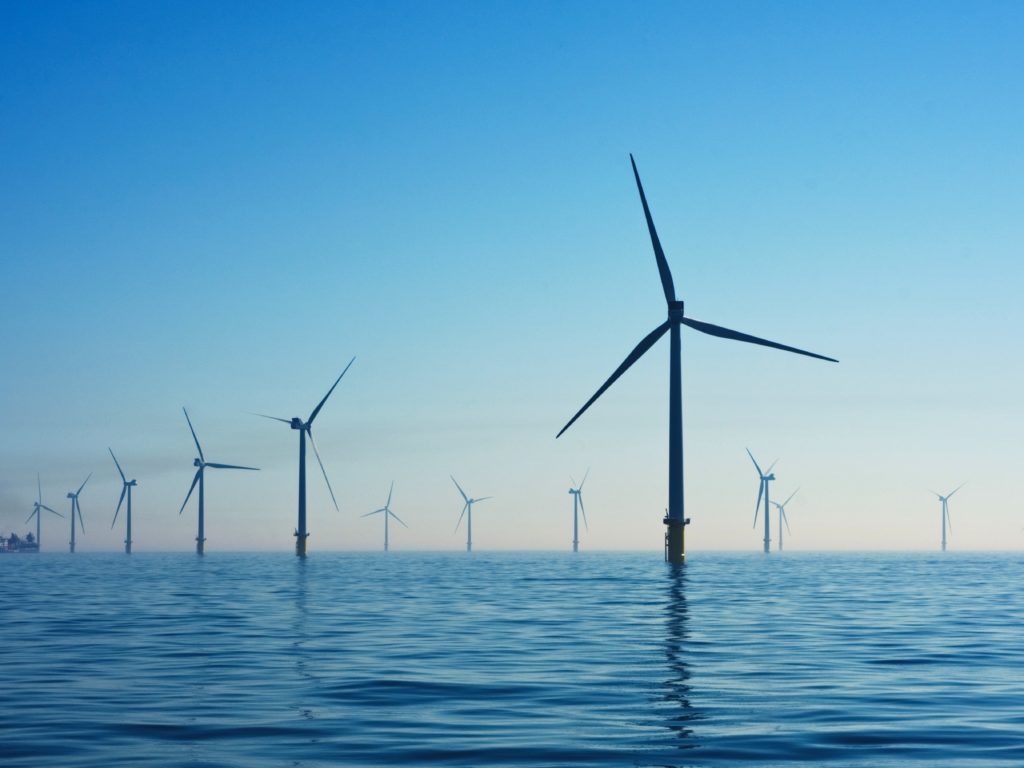
One small business on the road to net zero
March was B Corp month, but you might not have noticed.
It was planned as a month of celebration for a rapidly growing global movement, but with events in Ukraine it took on a more muted approach.
March is also our year end, when we review results for last year and set growth targets for the future.
One of the key components of our B Corp certification is running Sales: Untangled carbon net zero, something we’ve done for three years now.
What does net zero mean to a small business and how does it work? Read on:
Reducing emissions
You’ll hear lots of talk about this and quite possibly some conflicting definitions ?
The generally accepted approach for business is to minimise your emissions. Recognising you can’t reduce all emissions to zero, you then use a reputed organisation to offset the rest.
We’ve been able to make two big reductions in emissions in the last couple of years. One was to replace Martin’s dirty old diesel car with an EV, helped by the government’s zero company car tax on electric vehicles.
That old diesel car was our single largest source of carbon emissions so it made a big impact on our path to net zero.
Secondly, we switched our electricity to a renewable provider, something that’s quite easy to do when working from a home office. Sadly, although it reduces emissions it hasn’t prevented the recent doubling in tariff ?
Many businesses find they can identify and tackle the large sources of carbon emissions like this. The challenge is in what to do next.
It’s not that easy, for instance, to replace gas as a source of heat for your office. There are options out there like heat pumps and renewables, but all require significant investment and might not suit all types of property. This is where offsets come in.
Offsetting and carbon net zero
Offsets don’t always get good press. In part that’s because some organisations find it tempting to skip the first step of genuinely seeking to improve their operations, choosing instead to jump straight to offsetting to claim net zero. Greenwashing.
Secondly, not all offset schemes are equal. Schemes like “buy a sofa and we’ll plant a tree” are little more than headline-grabbing. It can cost as little as 10p to plant a tree and ideally you’ll want to think about species, soil type and how this woodland will be maintained for it to be genuinely green.
An organisation that generally gets good reports is The Gold Standard with whom projects typically cost $20-30 per tonne of carbon offset. https://www.goldstandard.org/
To give a sense of scale, our business generated just under 3 tonnes of carbon last year, mainly through heat and transport. This is offset via a project to provide purified drinking water to villages in Laos.
Obviously this helps the health and wellbeing of people living there, but it also reduces the firewood they currently collect and burn to boil water, which is the environmental prize.
The elephant in the [breakout] room
The further up your supply chain you get, the harder it is to measure emissions.
Whilst you can measure the electricity consumed onsite it’s really hard to establish what’s used via third parties. All those zoom meetings, the emails, the web hosting: All this uses a significant amount of energy, for which you won’t receive an itemised bill.
This is our next step in digging deeper into our net zero challenge. We have no real idea what energy this uses so we’re some distance away from creating a plan to tackle and reduce it.
A figure that gets quoted is 0.004 kg per hour on zoom. This doesn’t sound much, but multiply it by the hours we’ve all spent WFH and the number of people attending some of these calls and it could add up to a significant impact.
If you have any experience of it let us know!
Lots of subjects on the green agenda can be daunting for business owners. It’s difficult to find information and tools that are affordable and consistently accurate. Our experience with net zero isn’t perfect, but by giving it a go we’ve made headway, learnt a lot and met some interesting people.
To learn more you can visit the UK business climate hub https://businessclimatehub.org/uk/ where you can join the 3000+ businesses already committed.
How far could you get?
